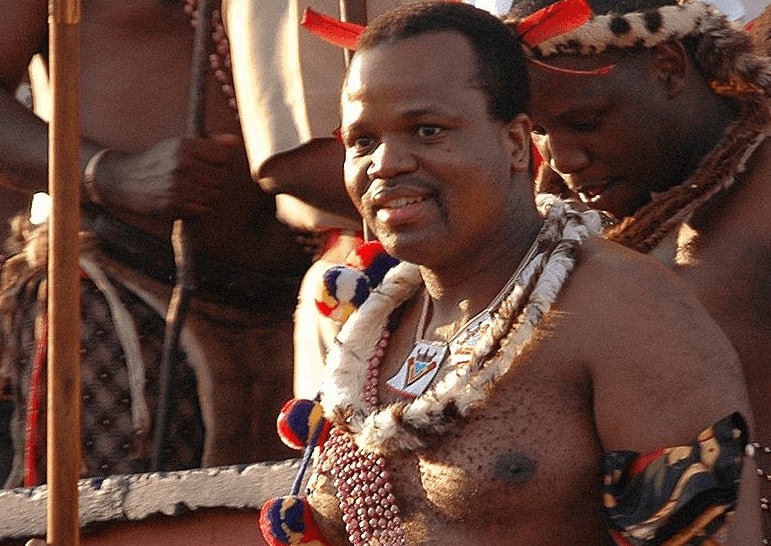We’re all familiar with Kim Jong-Un, the chairman of the “worker’s” party in North Korea. Beyond his crazy antics, outlandish claims, and constant saber-rattling, Kim is also a brutal dictator, with his people forced to live under an impoverished police state. Yet for every Kim Jong-Un that garners international attention, numerous other dictators are able to oppress their people out of the spotlight of international attention.
That’s why we’re going to pull back the curtain, and examine some of these corrupt and brutal dictators.

1. Isaias Afewerki of Eritrea
If you happen to be Eritrean, you’d better like military service. The country has instituted compulsory military service for all individuals from age 18 to 70. The compulsory service and poor conditions have led some analysts to label military service in the country as essentially being slavery. The modern-day slavery program was instituted by President Isaias Afewerki in 1995. Since then, Eritrea has assembled one of the largest armies in Africa, despite being one of the continent’s smaller countries.
When Eritrea decided to institute the compulsory military service, the idea was more or less to create a modern-day Sparta. The compulsory military service was supposed to produce tough, disciplined Eritreans willing to work hard to improve their nation. The strong army, meanwhile, would ward off the specter threat of Ethiopia, a much larger nation that Eritrea once belonged to.
Instead, thousands of Eritreans flee each year, primarily to avoid military service. Meanwhile, the huge burden on citizens, most of whom are sustenance farmers when not in uniform, is immense. Since so many people are pressed into military service, when harvest season rolls around, there’s often not enough labor power available to successfully bring the crops in.
In fact, roughly one out of every twenty citizens is living in a military barracks. And despite the fact that the military is in charge of completing infrastructure projects, the country’s infrastructure remains poor. The impoverished nation is constantly on the verge of collapse, but President Afewerki has maintained control, having essentially created a police state.
Beyond the slavery/military model, Eritrea suffers from most of the “normal” human rights abuses found in said dictatorships. Under Isaias Afewerki, dissent is outlawed, disappearances are common and torture is routine. Opposition parties are out of the question, and the country can best be described as a police state. Unsurprisingly then, arbitrary detentions and arrests are also common.
In 2015, the United Nations released a damning report outlining the country’s human rights abuses. Yet if nothing else, Eritrea is a small, quiet, and out of the way place. Given its close proximity to the Middle East and Somalia, risks of fundamentalist Islam can’t be ruled out. Yet President Afewerki’s brutal leadership all but ensures that the Islamic State and similar organizations won’t be gaining a foothold, so the U.S. and other major powers are disinclined to push too hard for change.

